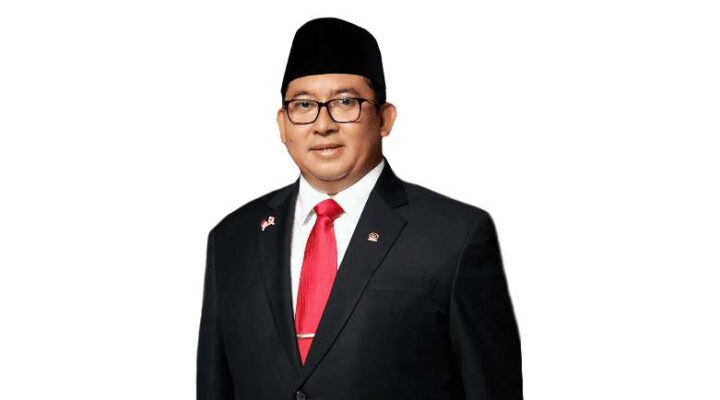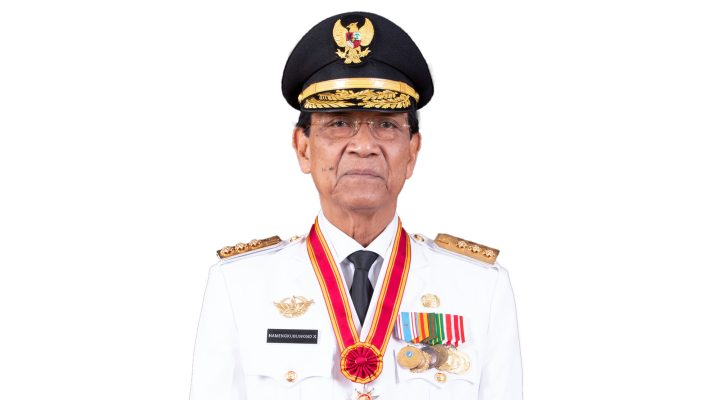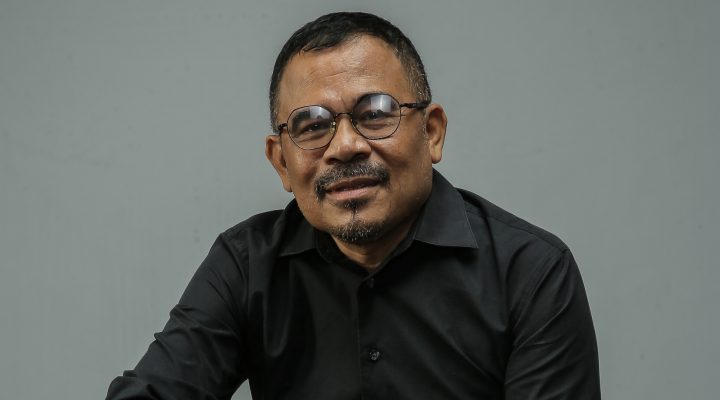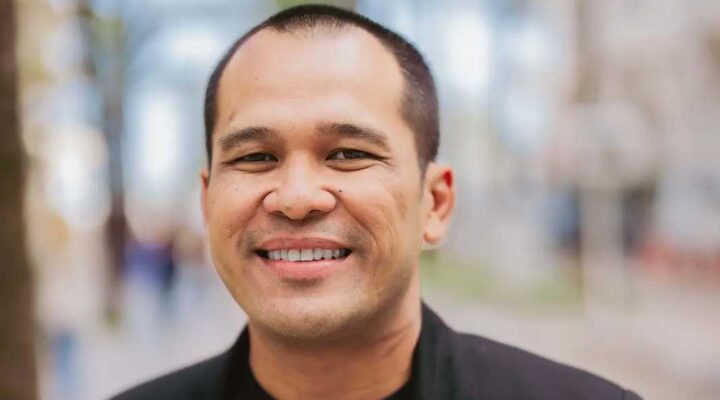
Messages from Minister of Culture
Dr. H. Fadli Zon, S.S., M.Sc Minister of Culture Assalamu’alaikum Warahmatullahi WabarakatuhShalomMay peace and prosperity be upon us allOm SwastiastuNamo








Adding {{itemName}} to cart
Added {{itemName}} to cart